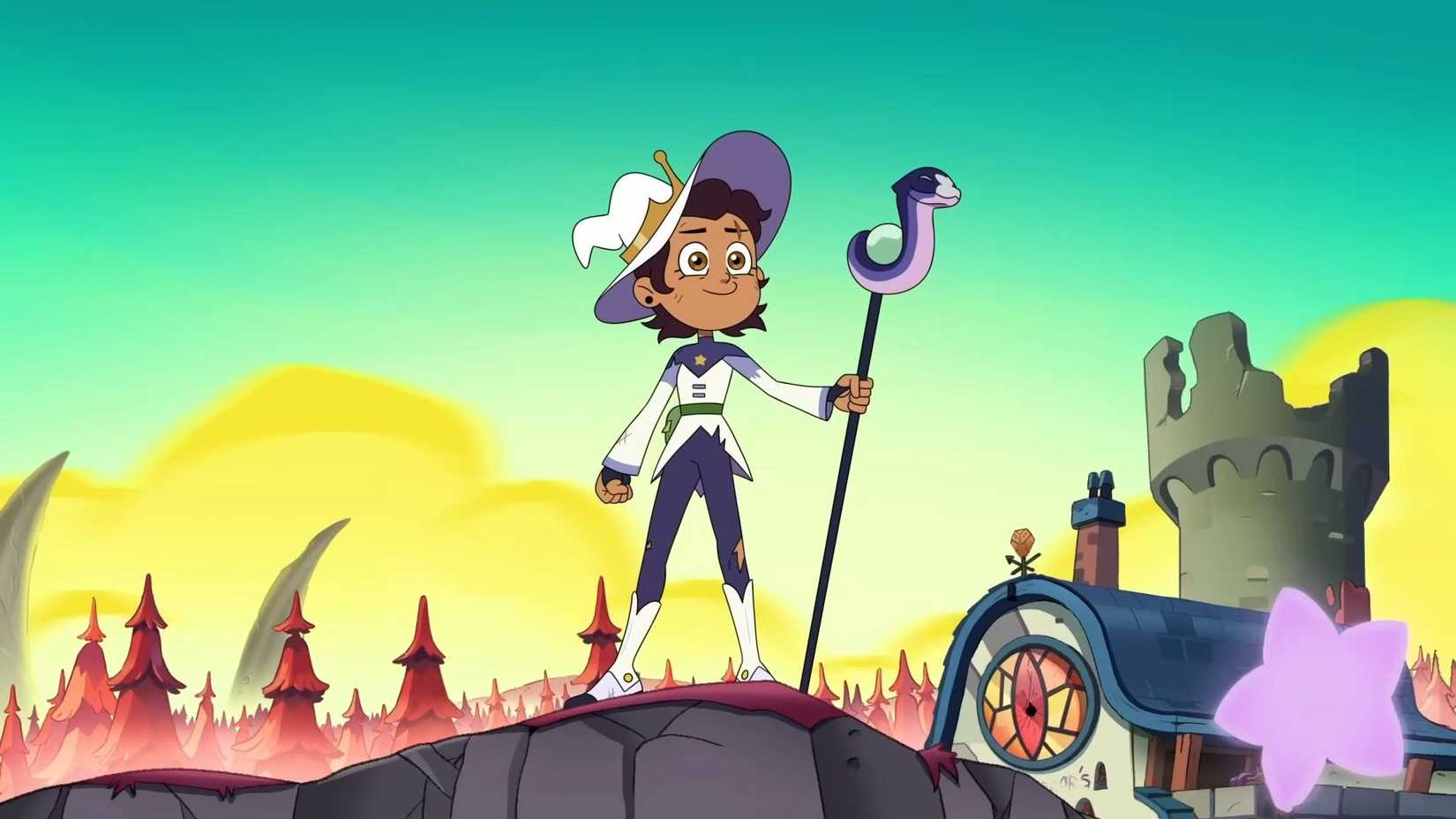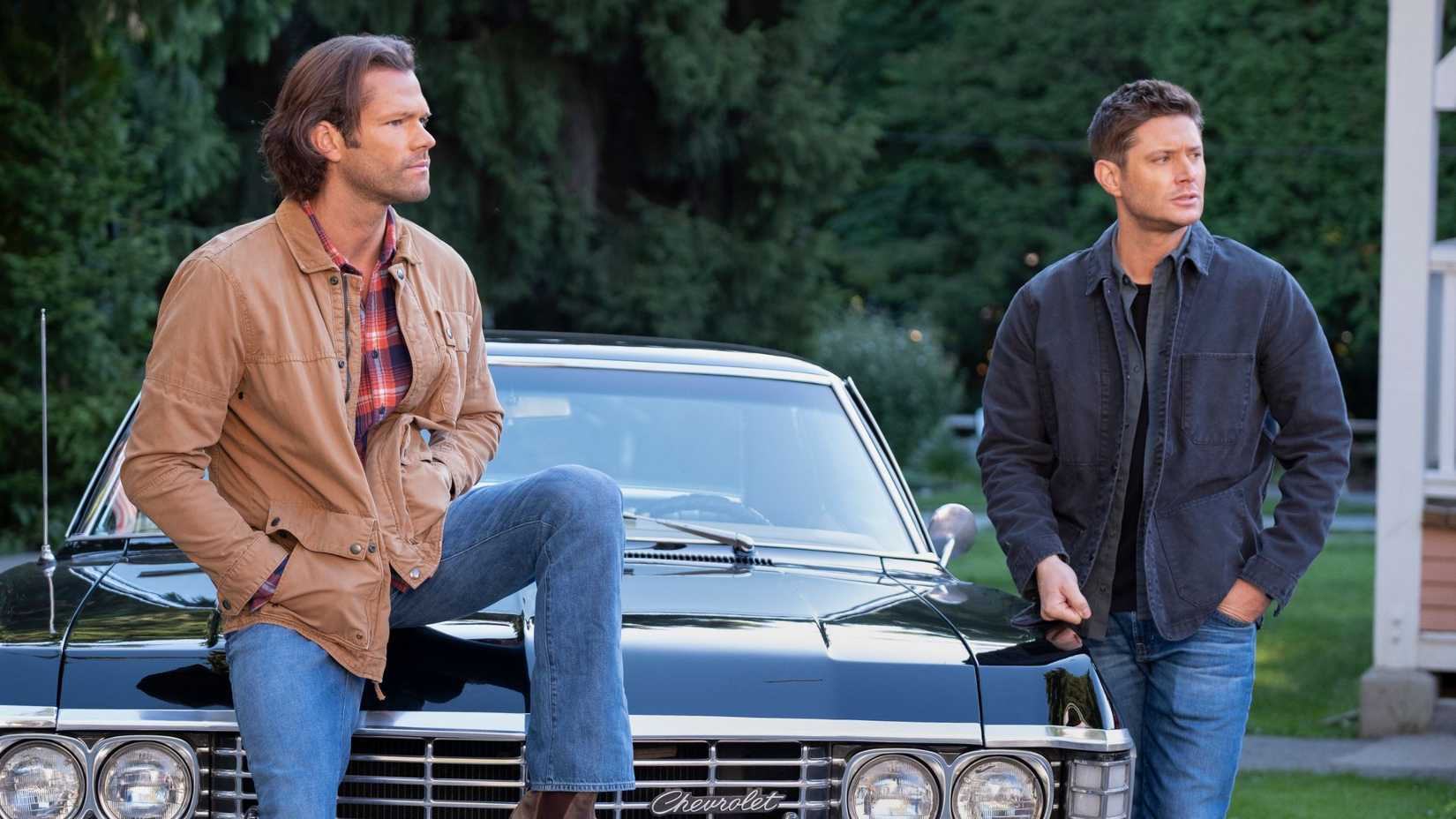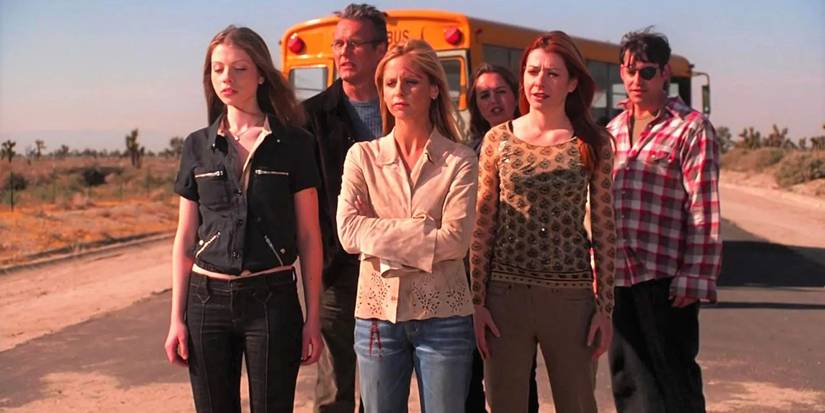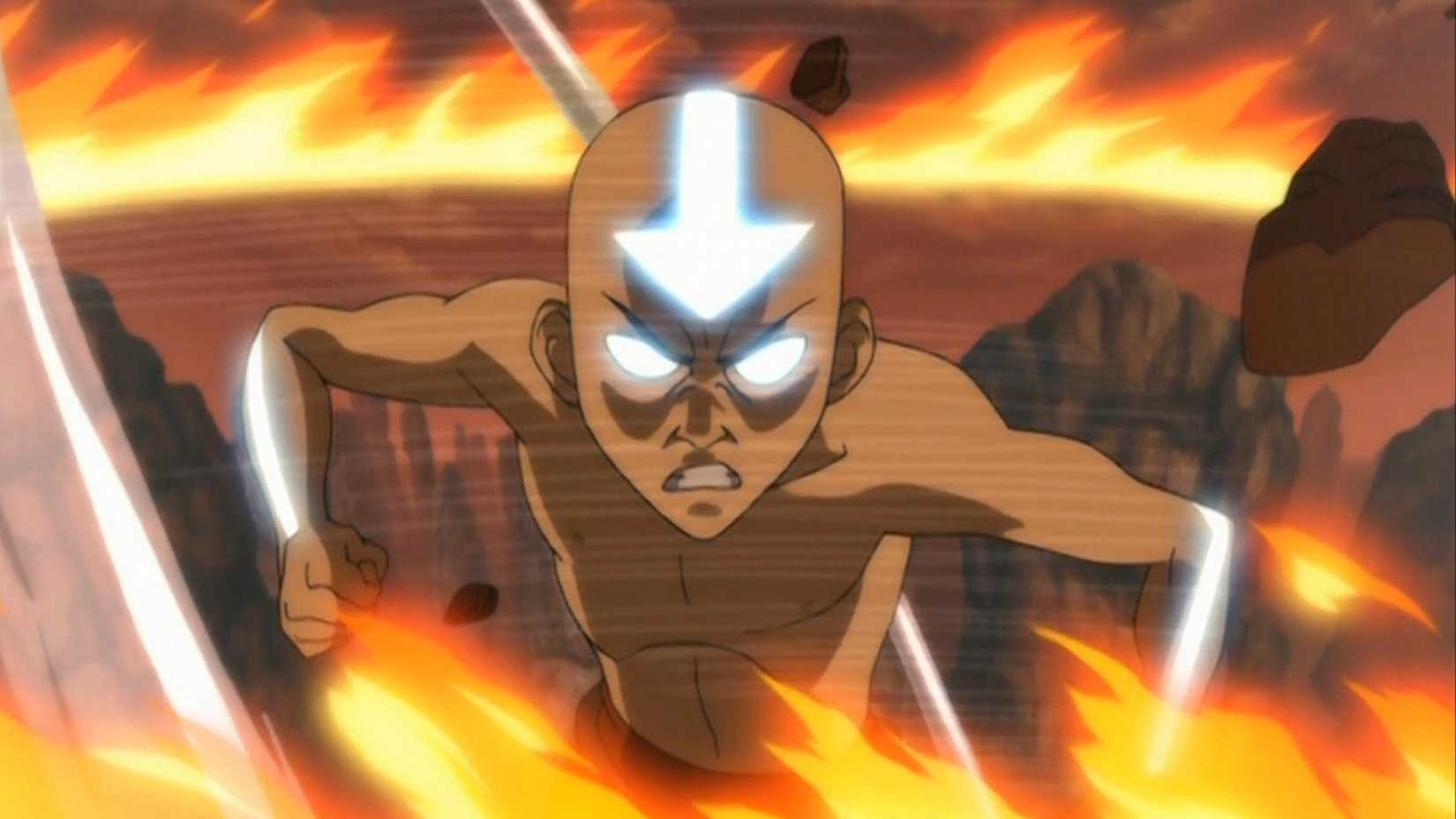Finishing a fantasy television series has become almost as mythical as the stories themselves. Big ideas get greenlit, worlds expand faster than budgets can handle; for whatever reason, many fantasy shows get canceled too soon. That’s exactly why the shows that actually make it to a true finale stand apart, because in this genre there aren’t many of them, especially not today.
Each one finds closure without losing the imagination that defined it, proving that fantasy doesn’t have to collapse under its own scale. These finales stick because they honor the characters first, wrapping up their journeys that were promising in the beginning while satisfying audiences to the end.
10
Steven Universe (2013–2019)
Change Your Mind (Season 5, Episodes 29–32)
Steven Universe closed its story with “Change Your Mind,” an ending that felt gentle after seasons of struggle and discovery. The finale brought Steven face to face with the Diamonds one last time, forcing him to confront the legacy of his mother and the systems of control she left behind. What could have been a showdown turned into something more vulnerable and existential, a plea for empathy that broke through violence with understanding.
Although Steven Universe left some storylines unresolved, instead of chasing a perfect ending Steven Universe trusted the audience to feel the quiet release of its characters. After years of conflict built on misunderstanding between Steven and the Diamonds, the finale suggested that real change comes from learning how to live with what’s been broken. The show left its characters healing rather than fixed, and that gentle, unresolved honesty made its final moments linger.
9
His Dark Materials (2019–2022)
The Botanic Garden (Season 3, Episode 8)
After years of war, prophecy, and rebellion, Lyra and Will finally reunited the worlds in the His Dark Materials ending, closing every window between them to restore balance. The price was eternal separation, they would never see each other again, but both understood that keeping the connection open would undo everything they’d fought for.
That final scene of Lyra and Will walking through the Oxford Botanic Garden, promising to return each year on the same day in their own respective worlds, brought the series’ ideas into focus. The story that began with questions about faith and power ended with two people learning how to live with loss, and it was faithful to Philip Pullman’s literary vision to the end.
8
The Owl House (2020–2023)
Watching and Dreaming (Season 3, Episode 3)
In The Owl House finale, “Watching and Dreaming,” Luz, Eda, and King faced Belos one last time as the Boiling Isles fell into turmoil, forcing each of them to confront what they’d become since their unlikely family first formed. Luz’s final stand of accepting the power of the Titan and using it to save her friends turned the show’s central theme of belonging into a literal act of creation.
Despite being a victim of fantasy shows canceled too soon, The Owl House ended with warmth and conviction on its own terms. It was a victory for its characters and for the audience—young and older—who saw themselves reflected in its strange, welcoming world. Including an epilogue to show how each character moves forward was also a nice touch for closure.
7
Supernatural (2005–2020)
Carry On (Season 15, Episode 20)
Supernatural ended with “Carry On”, a finale that brought fifteen years of monsters, angels, and family drama back to where it started: just two brothers on the road. Although Dean’s death during a routine vampire hunt came without warning, but for a series that built its identity on defying death, the moment felt startlingly ordinary, and that was the point.
The episode split its time between two kinds of endings: Dean’s afterlife reunion with Sam on a sunlit bridge offered peace after years of struggle, while Sam’s long life on Earth closed the loop the show had been building since its pilot. Despite the Supernatural ending being controversial, the show had always flirted with resurrection so often that its most honest ending was also its simplest.
6
Gravity Falls (2012–2016)
Weirdmageddon 3: Take Back the Falls (Season 2, Episode 20)
The final episode of Gravity Falls took a series built on riddles and turned it into a story about saying goodbye. As the demon Bill Cipher transformed the town into a nightmare landscape, the Mystery Shack crew mounted one last plan to stop him, and it was a chaotic rescue mission that played like every thread of the series colliding at once.
And yet, beneath all the absurdity and action, the show’s real focus was Dipper and Mabel facing the end of their childhood summer together. By the time the town returned to normal, the twins’ adventure had ended, but their bond had deepened into something steadier and more adult. Brief however the show may be, best of all is how Gravity Falls wasn’t unjustly canceled; it ended how it was always intended.
5
Castlevania (2017–2021)
It’s Been a Strange Ride (Season 4, Episode 10)
The Castlevania ending quieted a four-season story that was drenched in blood and ruin. In the aftermath of Death’s defeat, the world finally stilled, and its survivors were left to decide what to build from what remained. Alucard reopened Dracula’s castle as a refuge, Isaac imagined a world worth tending, and Sypha prepared to raise a child in it.
Then Trevor returned, alive against all odds. His reunion with Sypha, simple and wordless, felt like the first real peace the series had ever allowed. In the end, Castlevania didn’t rewrite its nature, but it closed on something unexpected: the fragile, persistent urge to begin again and rebuild from the ashes.
4
What We Do in the Shadows (2019–2024)
The Finale (Season 6, Episode 11)
After six seasons of undead absurdity, What We Do in the Shadows ended exactly as it should with no one really learning anything. The documentary crew finally wrapped their film, leaving the vampires to drift back into their eternal routine, and Guillermo’s long pursuit of transformation came to nothing. Fitting, indeed.
Immortality, the series suggested, isn’t glamorous; it’s tedious, and the people who live it will always find a way to make it funny.
The What We Do in the Shadows ending was small and weirdly sincere, and it didn’t chase reinvention but accepted what the show had always been: a story about creatures too proud and too lonely to change.
3
Adventure Time (2010–2018)
Come Along With Me (Season 10, Episodes 13–16)
The Great Gum War had all the makings of an exciting final episode, but it resolved in a way only this show could manage: through compassion. Princess Bubblegum and Gumbald called off their armies, and in that truce, the series found a fitting reflection of its own evolution from chaos to calm.
Every major character got a moment that felt right, from Marceline and Bubblegum’s relationship finally bloomed in the open, Ice King rediscovering the humanity he’d lost, and Finn and Jake facing the end of their adventure with acceptance.
Adventure Time ended the way great stories should, by making peace with change, and granting its heroes closure without fixing them in place.
2
Buffy the Vampire Slayer (1997–2003)
Chosen (Season 7, Episode 22)
After years of carrying the burden alone, Buffy finally shared her power in the Buffy the Vampire Slayer finale, activating every Potential Slayer across the world. The battle beneath Sunnydale was a rewriting of the survival and agency that the show had always been about, it gave every character clean, simple grace.
For seven seasons, Buffy’s power had marked her as separate, but in those final moments, her understanding that the burden of being the one Chosen no longer belonged to her was the perfect closure. Not many fantasy TV shows end with a happily ever after, which is exactly why Buffy‘s optimistic endnote still feels so refreshing decades later.
1
Avatar: The Last Airbender (2005–2008)
Sozin’s Comet (Season 3, Episodes 18–21)
Across four episodes, “Sozin’s Comet” delivered everything a finale should: grandeur, real consequences, and satisfying character resolution. And yet it never lost sight of what made the show remarkable in the first place.
Aang’s refusal to kill Ozai distilled the entire series into one choice: finding balance without surrendering compassion. That decision, quiet amid so much action, is exactly why the ending still resonates, and every major character found closure through that same logic. It’s a true testament of a writing room perfectly executing on their storytelling intent and vision.












